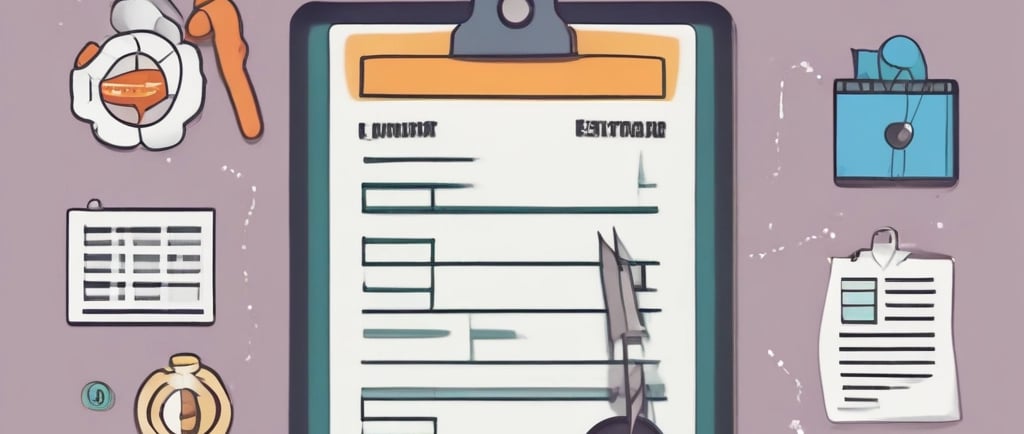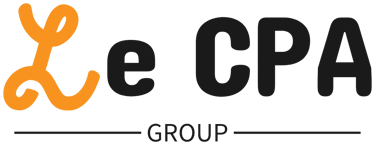Early-bird 2025 offer: Small-business owners save 15% on business tax prep when you onboard by January 31.
Your 2025 Tax Savings Checklist: Claim Every Deduction You Deserve
Maximize 2025 tax deductions with this checklist. Save on home office, vehicles, retirement, depreciation, and professional expenses
Tram Le, CPA
11/1/20253 min read


Key Takeaways
Home Office & Vehicle Use – Deduct part of your home if it’s used regularly and exclusively for business and track your business miles or car expenses.
Office Supplies & Employee Costs – Supplies are fully deductible; equipment can often be written off under Section 179. Wages, bonuses, and health benefits are deductible too.
Meals & Travel – Business meals are 50 % deductible; entertainment generally isn’t. Travel that’s “ordinary and necessary” is deductible with documentation.
Professional & Loan Expenses – Legal, accounting, and consulting fees, plus interest on business loans, are deductible if directly tied to your operations.
Education & Bad Debt – Training that improves your current business skills qualifies, and uncollectible invoices can sometimes be written off as bad debt.
🏠 1. Home Office & Startup Costs
If you work from home, you may deduct part of your rent, utilities, and maintenance.
Choose between the simplified method or the actual expense method.
☐ Use a dedicated workspace regularly and exclusively for business.
☐ Calculate % of home expenses (rent, mortgage interest, utilities).
☐ Choose simplified ($5/sq. ft., up to 300 sq. ft.) or actual expense method.
☐ Deduct up to $5,000 in startup and organizational costs.
💡 Use IRS Form 8829. Keep receipts for all utilities, rent, and setup costs.
🚗 2. Vehicle & Travel Expenses
You can claim either the standard mileage rate (IRS sets each year) or your actual vehicle costs such as gas, insurance, and repairs.
☐ Log all business miles (2025 est. 67¢/mile).
☐ Keep records for gas, insurance, maintenance, and tolls.
☐ Deduct 50% of business meals, 100% of travel (lodging, flights).
💡 Apps like MileIQ simplify mileage tracking. Maintain receipts for proof.
💼 3. Office Supplies, Equipment & Software
Paper, ink, and software subscriptions are fully deductible in the year purchased.
Larger assets like computers or furniture can be depreciated — or written off immediately using Section 179 if eligible.
☐ Deduct office supplies (paper, ink, software, subscriptions).
☐ Depreciate large assets like new computers, furniture, or equipment or claim Section 179.
💡 Store all receipts digitally by category
👩💻 4. Employee & Contractor Payments
☐ Deduct wages, bonuses, and benefits (health insurance, 401(k)) (fully deductible)
☐ Issue 1099-NEC for independent contractors (Payments are also deductible to the business)
☐ Review worker classification to prevent IRS penalties.
💡 S-Corp owners can save payroll taxes — consult us for eligibility.
🍽️ 5. Meals & Entertainment
☐ Deduct 50% of business-related meals (client or employee).
☐ Record the date, purpose, and attendees for each meal.
☐ Entertainment costs are no longer deductible, even if business-related.
💡 Document details immediately after the meal to support your claim.
✈️ 6. Business Travel
☐ Deduct airfare, lodging, car rentals, and taxis for business trips.
☐ Travel must be “ordinary and necessary” for business operations.
☐ Keep itineraries and receipts organized by trip.
💡 Meal costs during travel remain 50% deductible.
📚 7. Education & Professional Development
☐ Deduct workshops, online courses, and conferences related to your field.
☐ Training must improve existing skills (not qualify you for a new trade).
💡 Attach course receipts and agendas to your tax records.
🧾 8. Professional Services
☐ Deduct legal, accounting, bookkeeping, and consulting fees.
☐ Include payments to CPAs, attorneys, or marketing professionals.
💡 Fees are fully deductible if directly tied to business operations.
💳 9. Loan Interest & Bank Fees
☐ Deduct interest on business loans, lines of credit, and credit cards.
☐ Keep loan agreements and statements showing business use.
💡 Interest is deductible only if the loan benefits the business.
💸 10. Bad Debts
☐ Write off uncollectible invoices or customer debts.
☐ Show proof of attempts to collect payment.
💡 Applies only if income was previously included in gross receipts.
🌆 11. Illinois-Specific Deductions
☐ Check for property tax credits (up to $300 via IL-1040).
☐ Track multi-state sales for nexus and use tax compliance.
☐ Make quarterly estimated payments to avoid 20% underpayment penalties.
💡 Local deductions can add up — especially for Chicago-based owners.
✅ Pro Tips
Keep digital copies of all receipts and mileage logs.
Review deductions quarterly, not just at year-end.
Use bookkeeping tools like QuickBooks, Wave, or Xero.
Schedule a free 15-minute consultation at letaxfirm.com to uncover hidden deductions.
